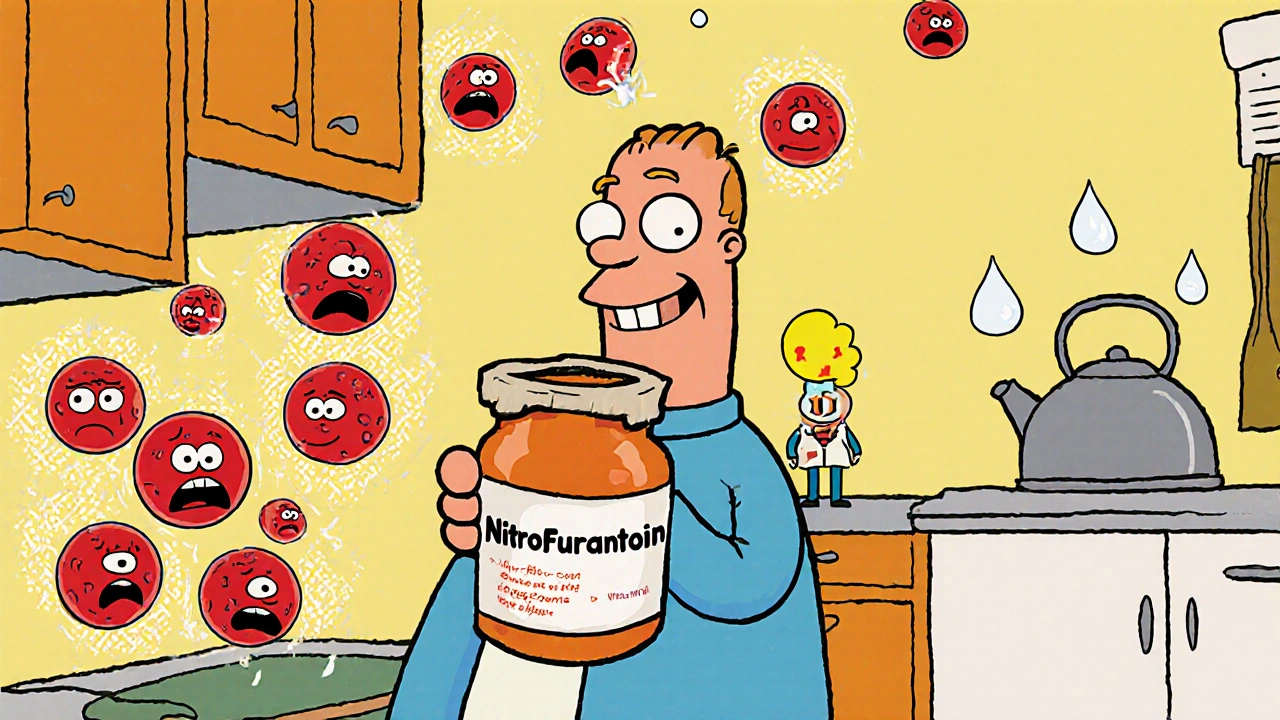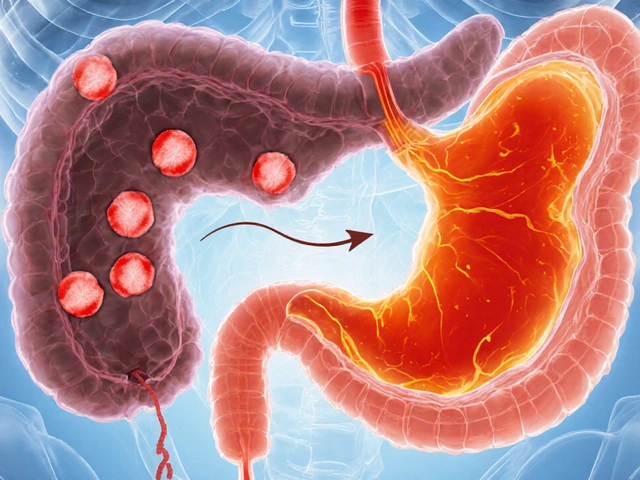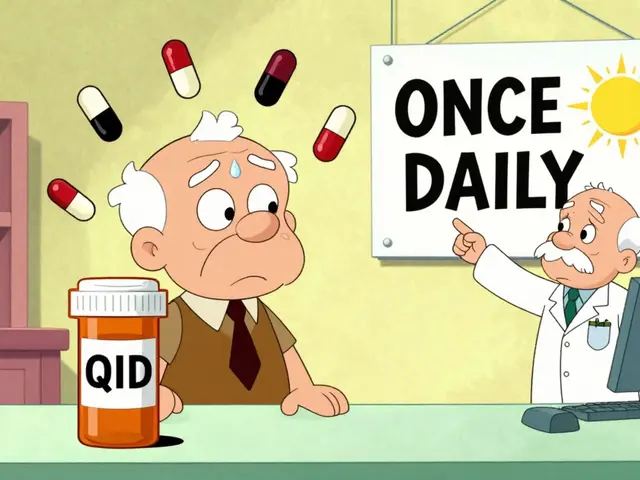G6PD Deficiency: What It Is, How It Affects Medications, and What to Avoid
When your body lacks enough G6PD deficiency, a genetic condition where red blood cells can’t handle oxidative stress due to low levels of the glucose-6-phosphate dehydrogenase enzyme. Also known as glucose-6-phosphate dehydrogenase deficiency, it means your red blood cells break down too easily under stress—like from certain drugs, foods, or infections. This isn’t rare—it affects over 400 million people worldwide, especially those of African, Mediterranean, or Southeast Asian descent. If you have it, even a common painkiller or antibiotic can trigger a dangerous drop in red blood cells, called hemolytic anemia.
What makes G6PD deficiency tricky is that you might never know you have it until something triggers it. A fever, eating fava beans (a condition called favism), or taking a medication like sulfamethoxazole or aspirin can cause sudden fatigue, dark urine, jaundice, and shortness of breath. The body doesn’t produce enough of the enzyme that protects red blood cells from damage, so anything that creates oxidative stress becomes a threat. That’s why drug interactions aren’t just a footnote here—they’re life-or-death. Medications that are safe for most people can be deadly for someone with G6PD deficiency. Even some herbal supplements and naphthalene (found in mothballs) can set off a crisis.
People with this condition need to be proactive. It’s not about avoiding all meds—it’s about knowing which ones to skip. Drugs like dapsone, nitrofurantoin, and certain antimalarials like primaquine are high-risk. So are some antibiotics and even high-dose vitamin C in sensitive individuals. The good news? Many common pain relievers like acetaminophen are generally safe, and most infections can be treated with the right alternatives. Knowing your status lets you work with your doctor to build a safe medication list. It also means you can avoid triggers like fava beans if you’re from a region where favism is common.
There’s no cure, but awareness is your best defense. If you’ve ever had unexplained anemia after taking medicine or eating legumes, get tested. A simple blood test can confirm G6PD deficiency. Once you know, you can carry a list of unsafe drugs, warn new doctors, and even teach family members. This isn’t just medical trivia—it’s practical safety. The posts below cover real cases where people got hurt by drugs they didn’t know were risky, and how to find safer options. You’ll find guides on which antibiotics to avoid, how to manage infections safely, and what to do if you’re already on a dangerous combo. No fluff. Just clear, actionable info to help you stay healthy.




